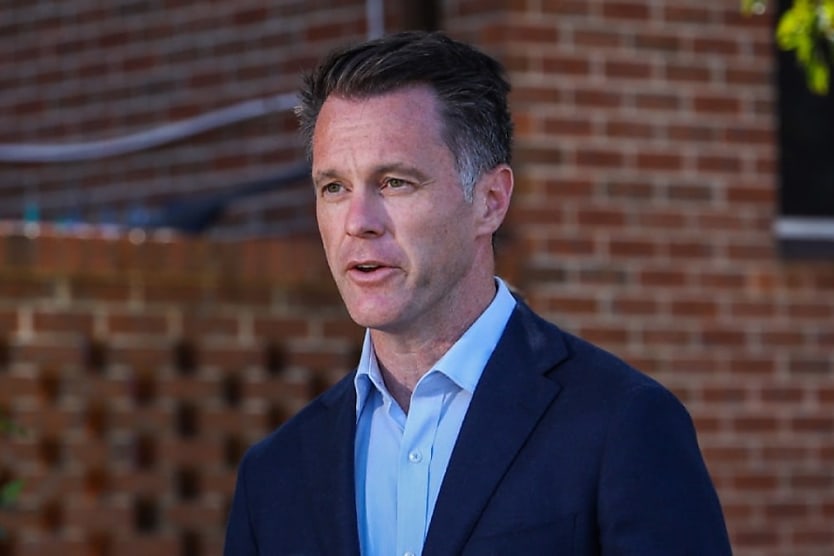
The NSW government is initiating a 12-month trial involving hospital security staff wearing body-worn cameras to respond to the alarming increase in physical assaults reported within the state’s hospital facilities.
Last week, the Minns Labor government announced the implementation of a 12-month trial for the use of body-worn cameras by security staff in NSW hospitals to enhance and improve the safety of staff, patients and visitors.
The trial will initially occur in nine hospitals across NSW, including the Royal North Shore Hospital, Wollongong Hospital, and Tamworth Hospital, with the possibility of expanding to additional state hospitals later.
When the trial begins, up to 300 body-worn cameras will be deployed across NSW hospitals to evaluate their effectiveness as a tool for security staff and their potential to collect visual evidence for prosecutions.
The NSW government expressed that “the use of body-worn cameras will be done in a way that ensures the management of patient and staff privacy, with scenes only recorded if security officers believe there is a risk of harm to staff, patients or others”.
Following the conclusion of the trial, an independent assessment will be conducted to evaluate the efficacy and effectiveness of the body-worn cameras worn by hospital security personnel.
The commencement of this trial is prompted by the escalating incidents of aggression and violence directed towards frontline workers in NSW hospitals. Research conducted by Edith Cowan University has revealed a 44 per cent increase in in-hospital assaults in NSW from 2015 to 2018.
The Bureau of Crime Statistics and Research also revealed that approximately 18 physical assaults occur per week in the state’s hospitals and that three homicides occurred in the 12 months leading up to March 2024.
The body-camera trial is also part of the NSW government’s effort to implement the recommendations outlined in the 2020 Anderson review of hospital security. Led by former NSW Police and health minister Peter Anderson, this review proposed a range of changes and new strategies aimed at enhancing security in public hospitals.
Minister for Health Ryan Park emphasised the state government’s steadfast commitment to prioritising the safety of healthcare staff and patients.
“The safety of our healthcare staff and patients is a priority, and the NSW government has a zero-tolerance approach to violence and aggression in our public hospitals,” he said.
Minister Park further said: “The trend in assaults in our hospitals is unacceptable, and we are taking action.”
Health Services Union secretary Gerard Hayes expressed how the NSW government implementing a body-worn camera trial is “a good first step” towards recognising the “risks security face each day in our health system”.
However, Hayes stressed the need for the government to take additional measures to combat the increasing incidence of physical assaults occurring in hospitals.
“It’s good that the government is looking at measures to curb this behaviour, but we need to go further. We already have a report – commissioned by the previous government – that sets out a number of recommendations to ensure that security officers can prevent situations before they escalate.
“It looks at everything from training, to personal protective equipment, to reducing the reliance on contract security who lack the understanding of a health setting,” Hayes said.
“It’s not fair to expect security officers to continue to put themselves in harm’s way without any way of protecting themselves, their colleagues and patients.”









